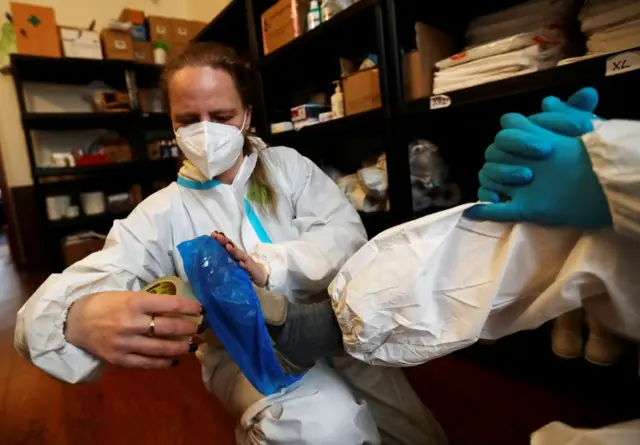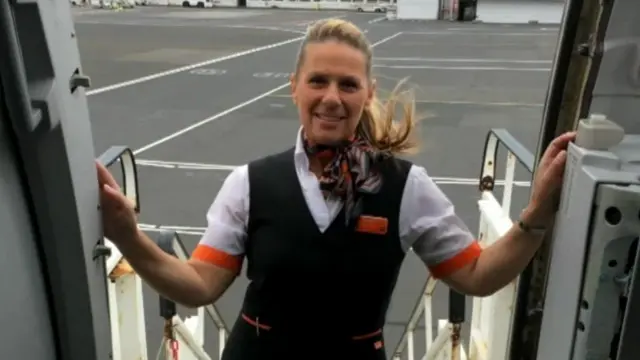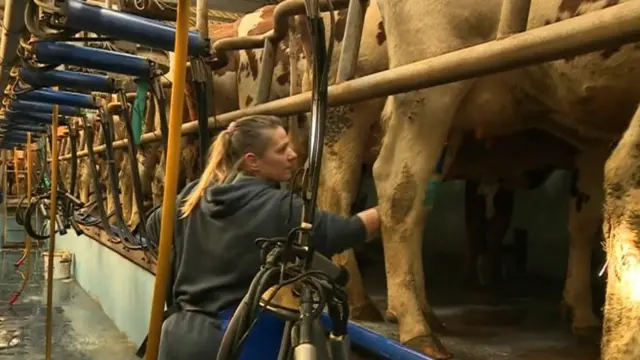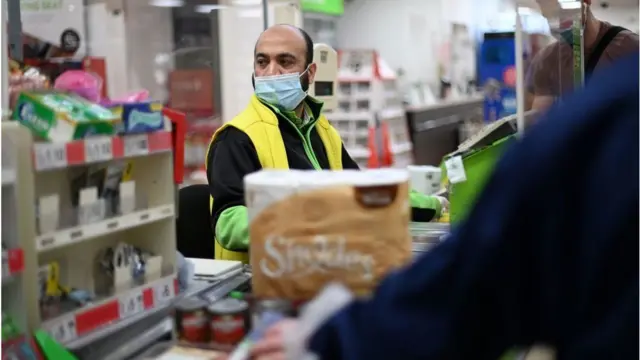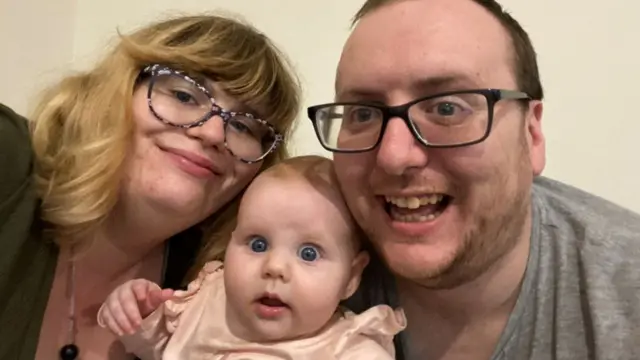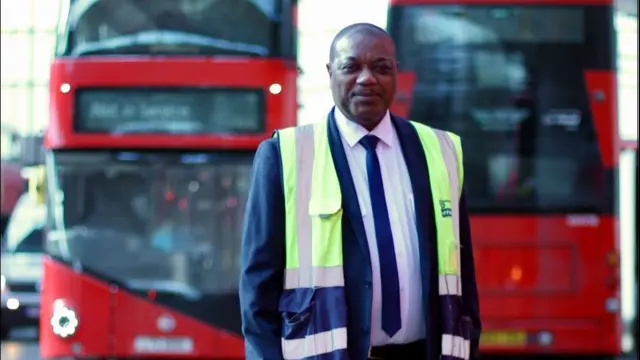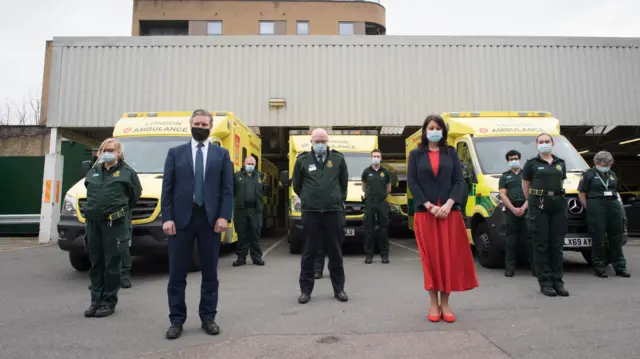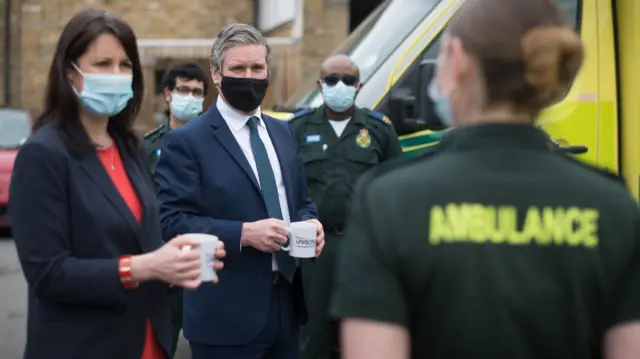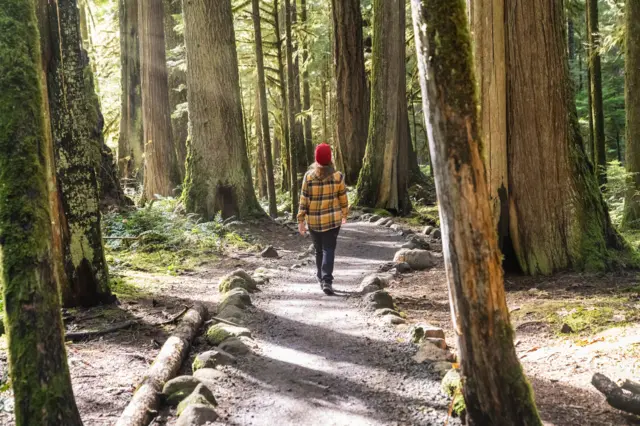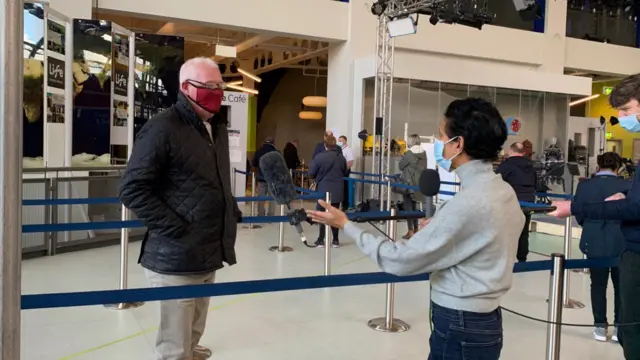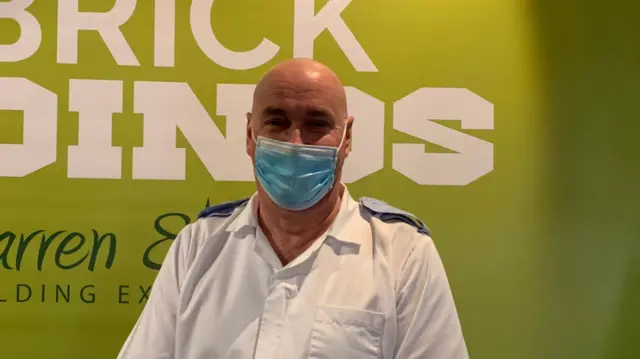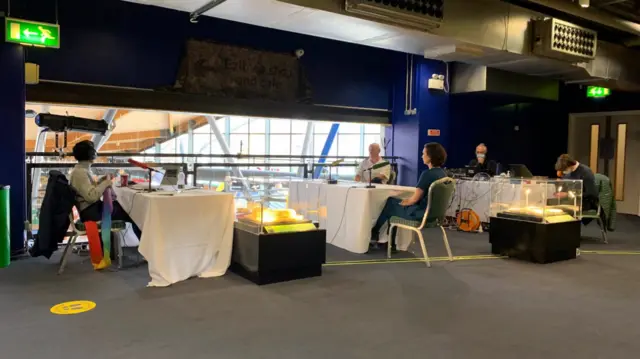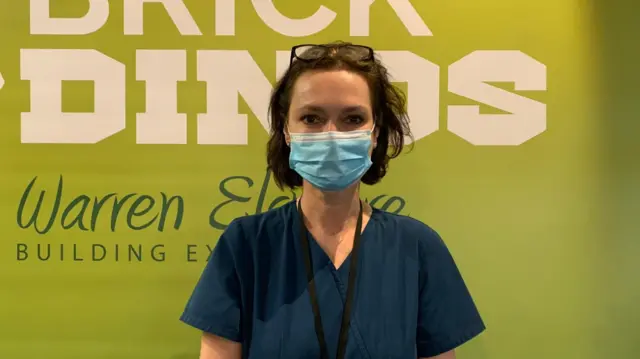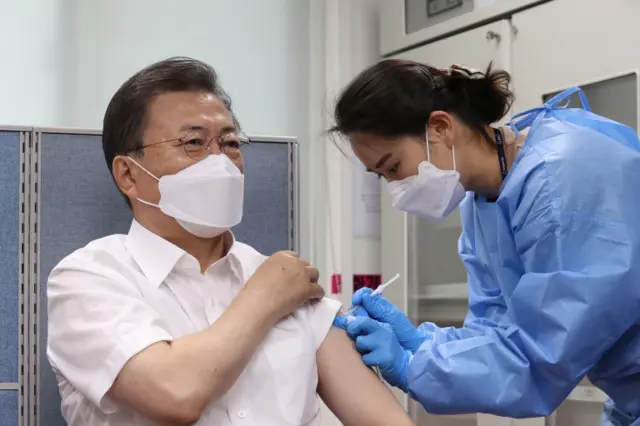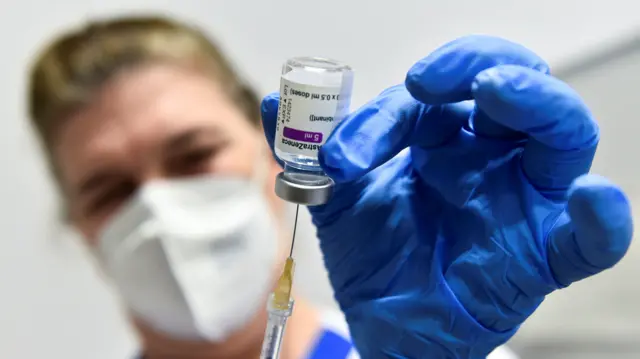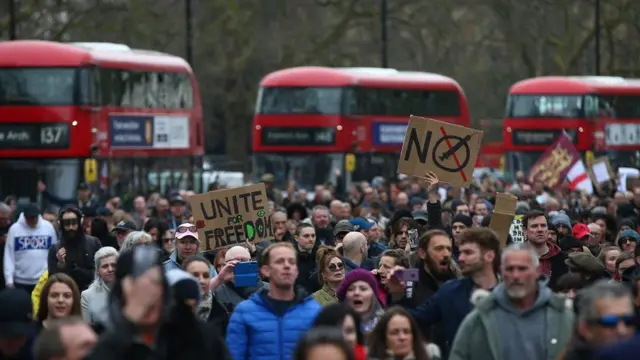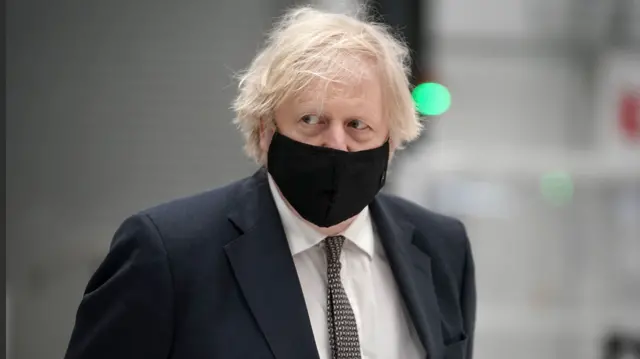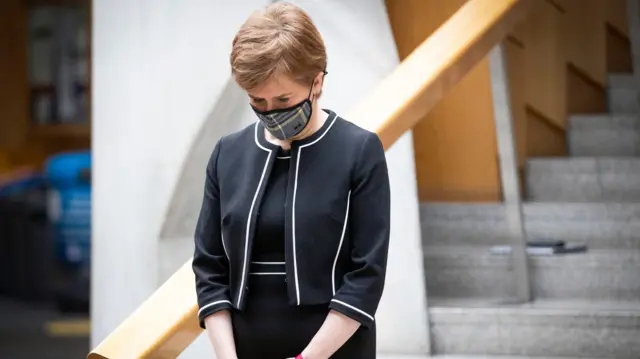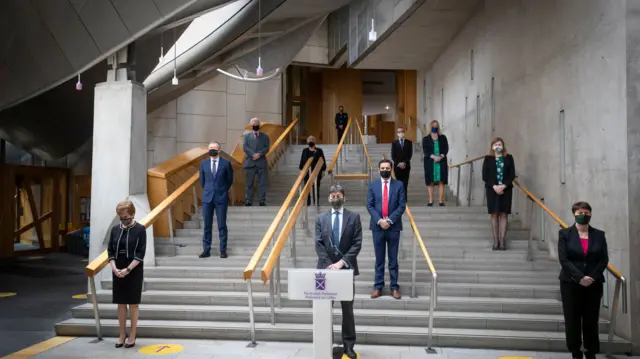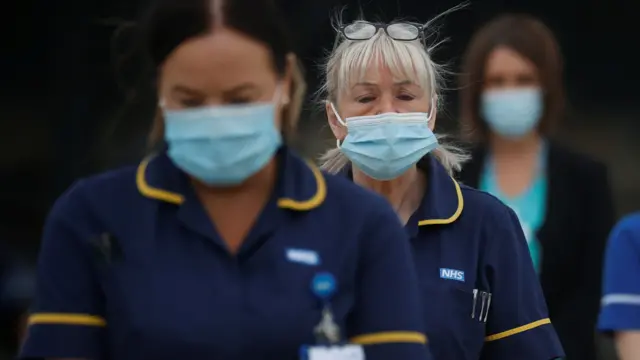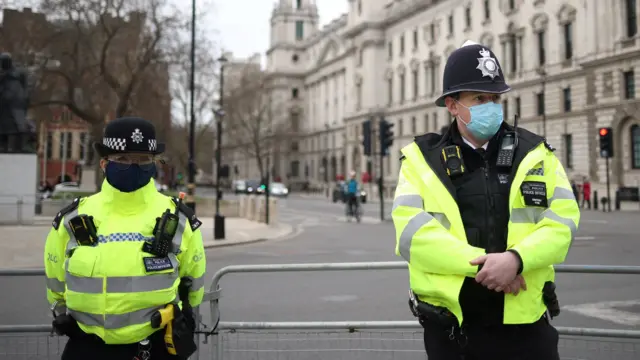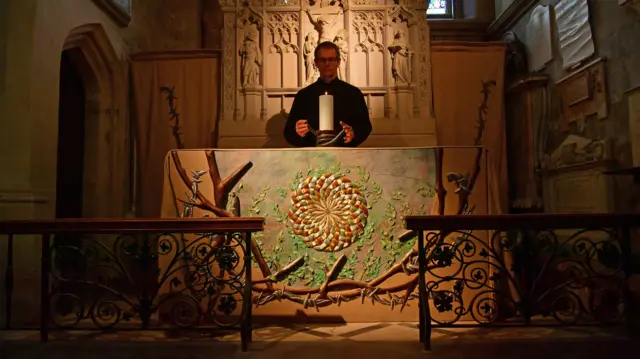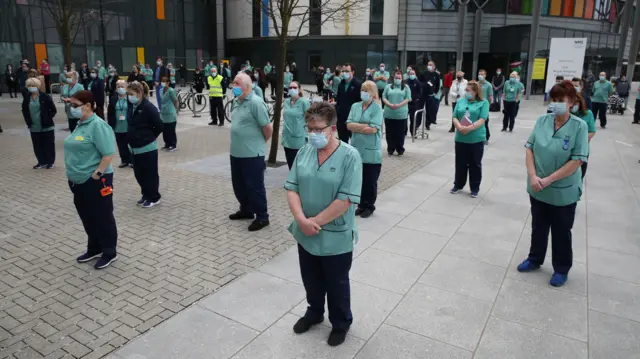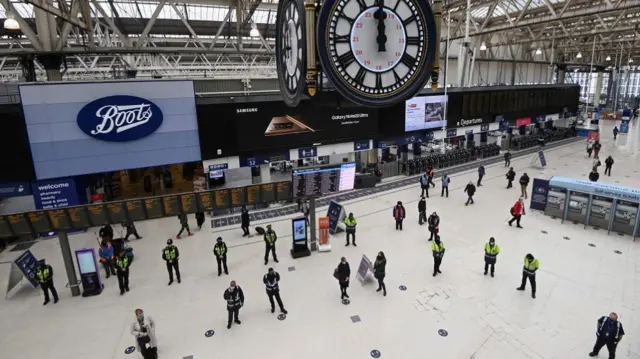Chinese media warns anti-Asian hate may persistpublished at 15:55 GMT 23 March 2021
 Kerry Allen
Kerry Allen
BBC Monitoring, Chinese Media Analyst
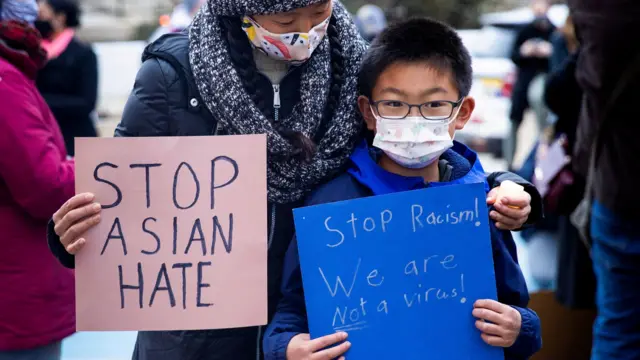 Image source, Reuters
Image source, ReutersProtests have been held in the US against anti-Asian racism
For the last three weeks, there have been almost daily reports in China’s media on the growing acts of anti-Asian violence in the US and the UK, and protests in response to it.
In many instances, media have highlighted, external that perpetrators of attacks used racially discriminatory language such as the "China virus" or told victims to “go back to China”, external.
There is concern and anger at this among Chinese social media users. Hundreds of thousands of Chinese people work and study in both countries, and recent reports highlight growing concerns about their safety, external.
The national Global Times newspaper warned yesterday, external that even after the epidemic is over, Asian communities may still encounter discrimination overseas long after as a result of weakening relations between China and the West.
In particular, China’s media have condemned former US President Donald Trump for his repeated reference to Covid-19 throughout the pandemic as the "China virus", and have suggested that this has a key role to play for the increased number of anti-Asian hate incidents.
Comments can easily be found on Chinese social media about such attacks being “the legacy of Trump”.
But outlets have also been keen to signal that government failings more broadly in both the US and the UK, with regards to addressing the disproportionate impact of the virus on black and minority ethnic communities, have resulted in heightened ethnic tensions.

